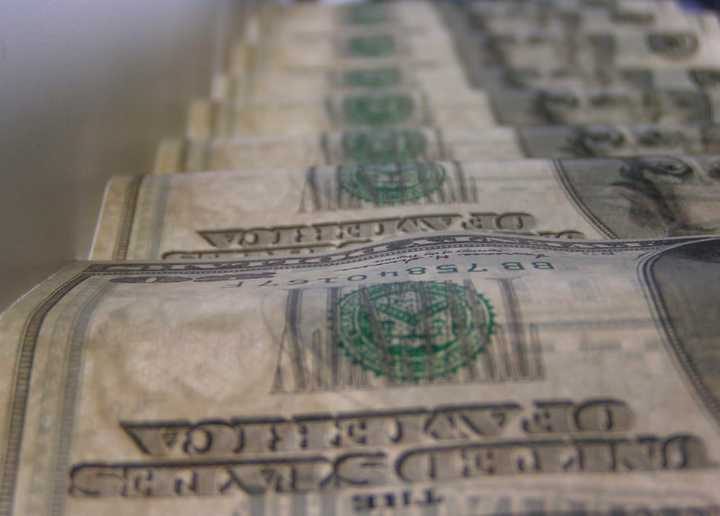To avoid scammers, the Department of Consumer Protection is circulating tips on how to identify, stop, and/or report fraudsters going after stimulus checks.
The second round of stimulus checks to help Americans deal with an economy hampered by COVID-19 began arriving in people’s mailboxes and direct-deposit accounts in late December. Single people will get $600, a married couple will get $1,200, and there will be an additional $600 per child to families. Everyone who qualifies to receive a stimulus check is expected to do so by the end of January.
Here are some tips on how to avoid a stimulus check scam courtesy of the CT Department of Consumer Protection:
- The federal government will not ask you to pay money upfront to receive a stimulus check. No fees. No charges.
- The federal government will never call to ask for your Social Security number, bank account, or credit card number. Anyone who asks for this personal identifying information is a scammer.
- No matter how the payment is distributed, only a scammer will ask you to pay to receive it.
- Some people will receive the payment in the form of an Economic Impact Payment (EIP) prepaid card. The card is not a scam, and there are ways to cash or use the card without fees.
To report a suspected stimulus check scam, contact the IRS at phishing@irs.gov or the Office of the Inspector General at (800) 359-3898, oigcounsel@oig.treas.gov.
When making a report, try to include the exact date and time of the call or other communication, the phone number of the caller or mailing address of the sender, and a description of the communication.
Click here to follow Daily Voice Kingston and receive free news updates.
